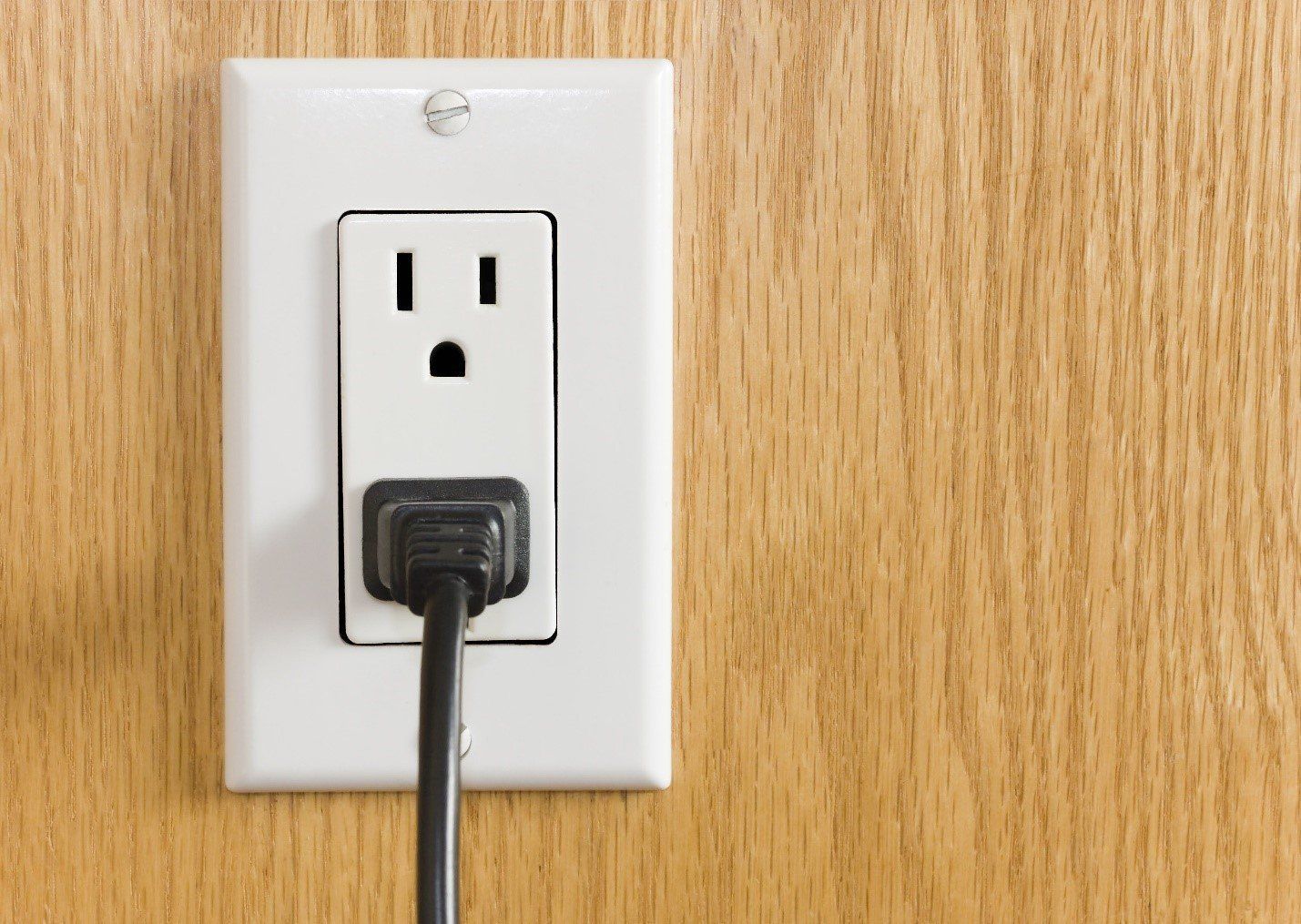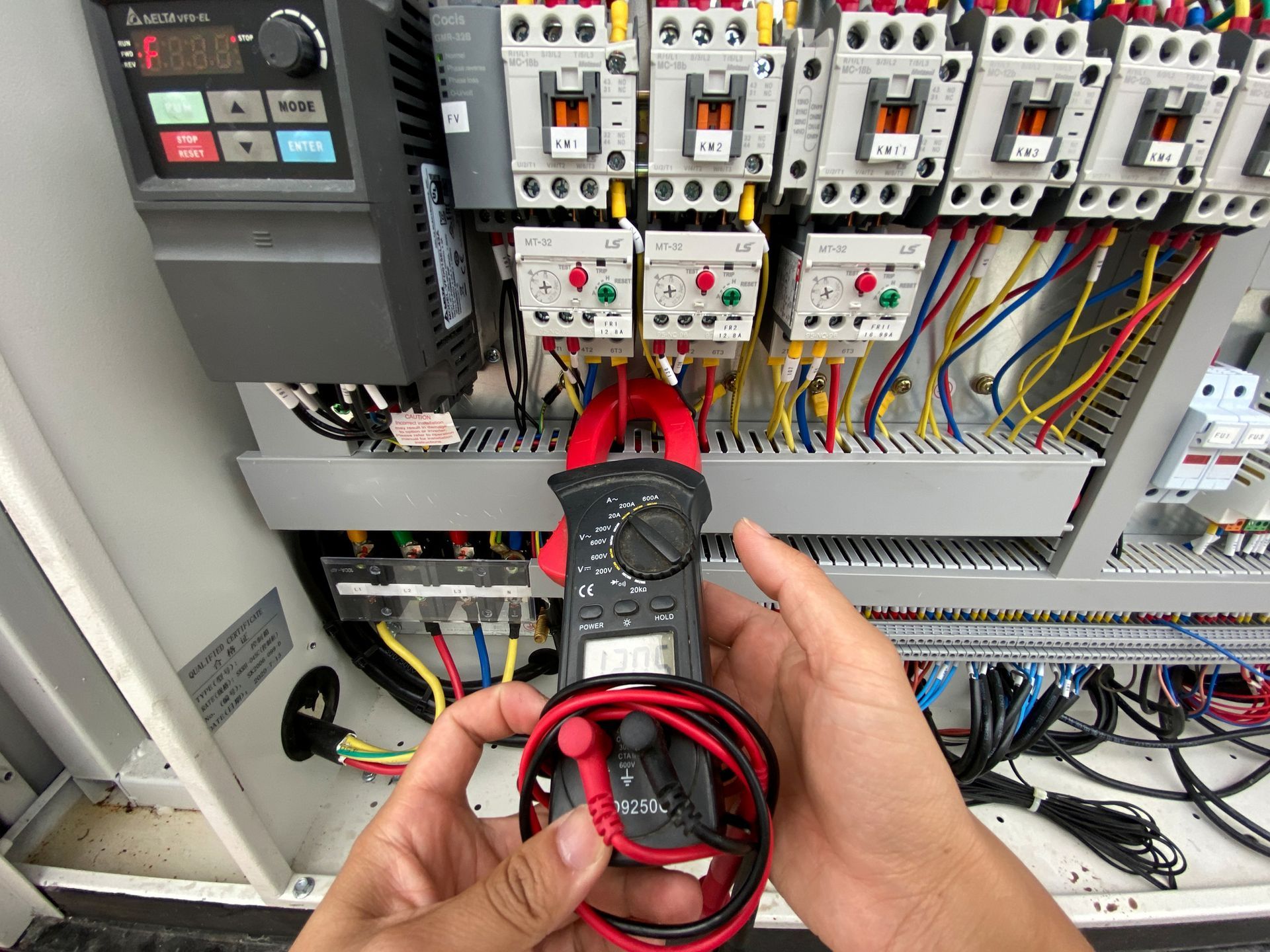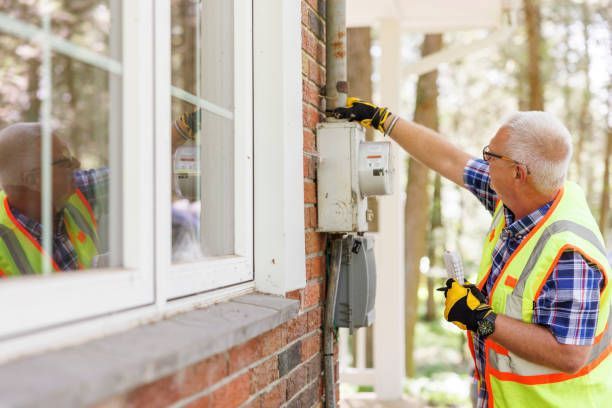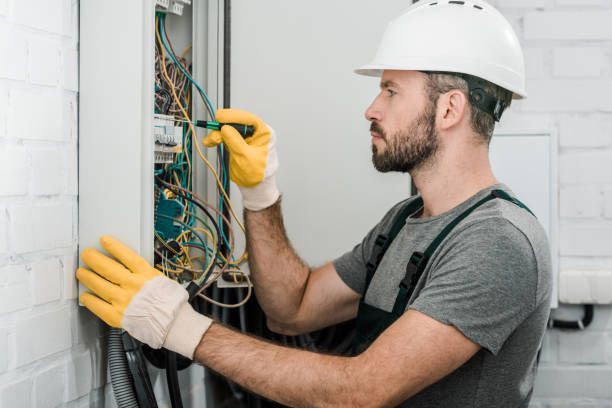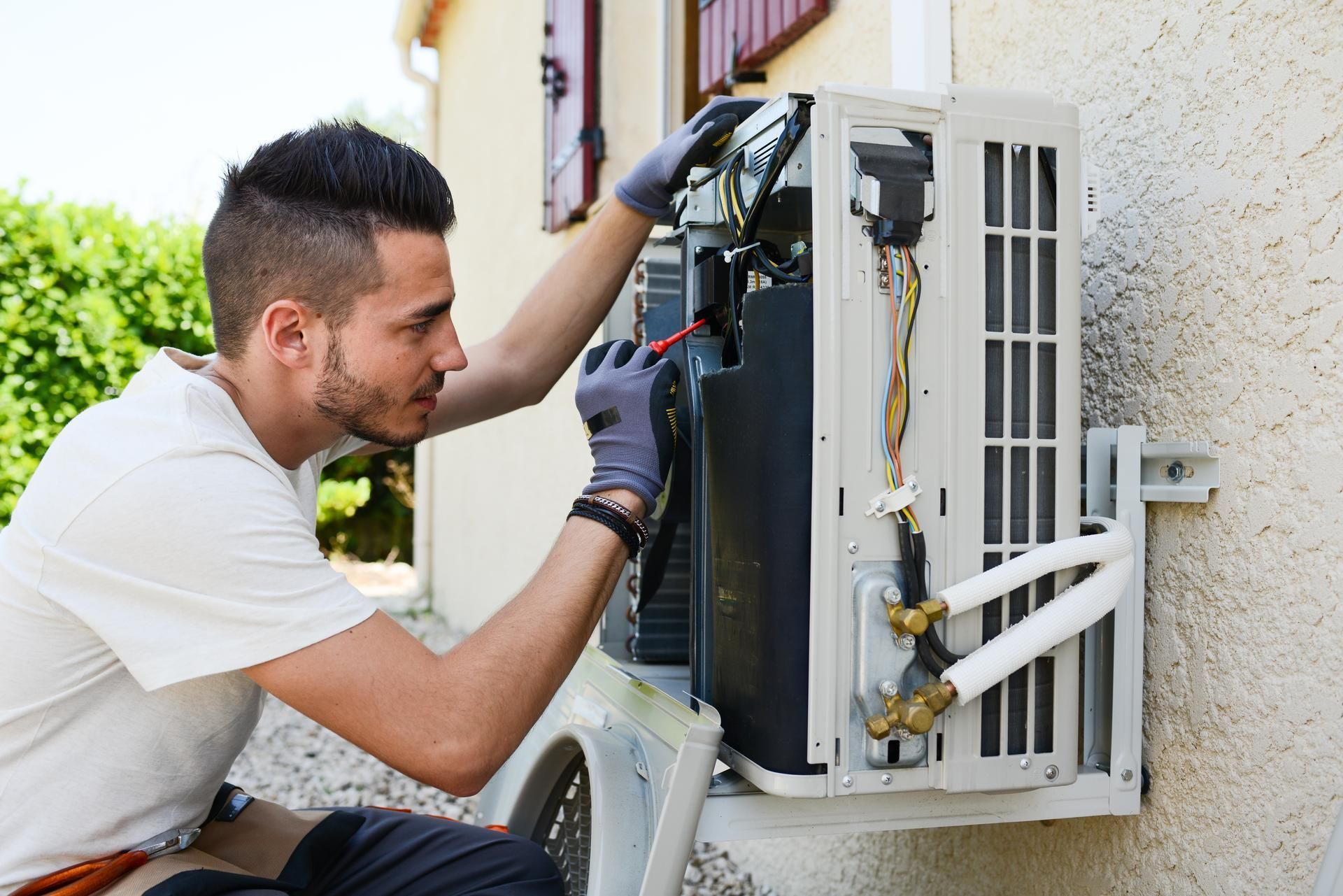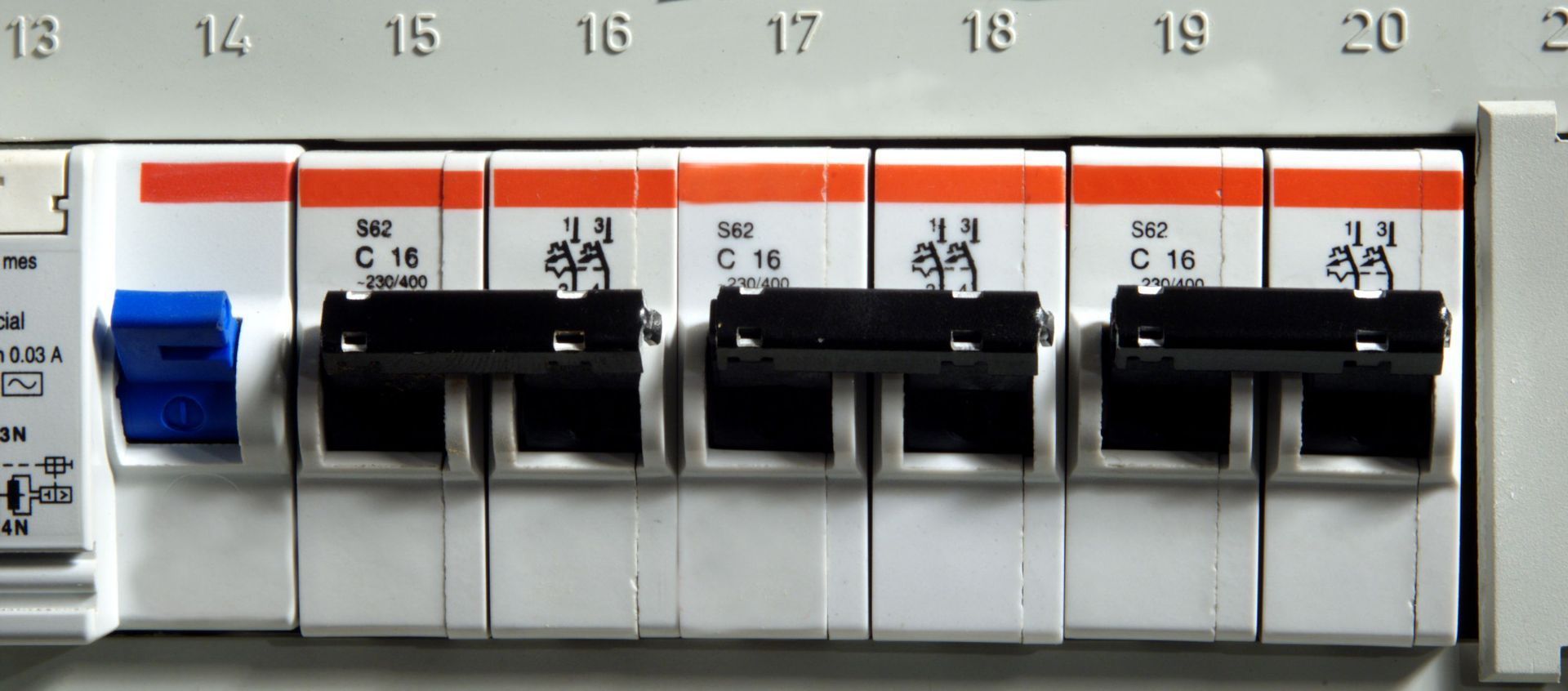When Should You Upgrade Your Home's Electrical Panel?
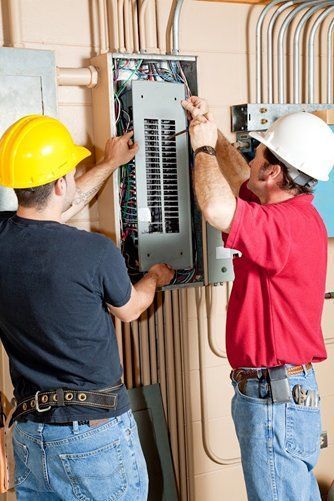
Your home's electrical panel connects your house to the electricity’s main supply line. From the service box, electrical power goes to the different circuits within your home. In addition, the panel acts as a safety mechanism to protect your home against unexpected electrical disasters. It contains circuit breakers and fuses that cut off the power supply to your home in case of an electrical fault.
However, electrical panels have a limited lifespan. If your panel malfunctions, your home may be at risk of accidental electrical fires. Moreover, you or your family members may fall victim to severe electrical shock. Luckily, you can tell when your panel needs replacing with any of the signs or situations below.
1. You Notice a Burning Smell
If your electrical panel develops a burning smell, the plastic insulation covering your electrical wires may have started to melt off due to high overloading current. The wood insulation inside the panel can also catch fire, further worsening the situation.
Additionally, the circuit breaker may fail to regulate the current effectively. The breaker could eventually overheat and melt. In doing so, your home may be at a serious threat of an electrical fire that can easily destroy your home.
If you hear buzzing sounds or a burning smell in your home's electrical panel, you should first switch off any electrical appliances running in your house. This step protects your appliances against a possible power surge that could destroy them. Next, switch off the power supply to your circuit breakers, then contact a reputable electrician.
2. Your Panel Has Fuses Instead of Circuit Breakers
Most old homes rely on a fuse-based system for protection. In the past, the average home power consumption was much lower than it is today. But now, modern electrical appliances have a huge power demand. Unfortunately, fuses may not effectively handle such demands.
Although circuit breakers and fuses do the same job, how they work is totally different. A circuit breaker relies on a switching mechanism that turns off in case of an excessive power surge. On the other hand, a fuse is essentially a piece of metal that melts off when a higher-than-normal current passes through. The wire melts due to overheating from a short circuit.
Therefore, fuses pose a significant fire risk when they blow. In fact, some insurance providers may refuse to cover your house if you still use fuses for protection.
3. You Want to Bring In New Appliances
Suppose you plan to add new electrical appliances to your home. In that case, you might want to replace your electrical panel — especially if the new appliances require large amounts of electrical power to function. You may need a guarantee that your electrical system will be able to handle the extra load.
Common high-power appliances may include:
- Air conditioning systems
- Refrigerators
- Hot tubs
- Car chargers
Such appliances can overload your panel. An overloaded panel can cause extensive electrical damage to other parts of your home.
Similarly, if you want to remodel or expand your home, you could also schedule a panel replacement. Your worry shouldn't just be about convenience but safety as well.
4. You Notice Rust on the Panel
Rust is a clear sign of water damage that you shouldn't ignore. Water can cause unintended short circuits that can damage your panel. You may need to replace your electrical panel to avoid any unnecessary risks.
But before your electrician replaces the panel, they may first need to check what caused the leak in the first place. If they can fix the issue, you won't have to worry about water damage in the future.
If you notice any problems with your electrical panel, avoid handling repairs as a DIY project. Electricity is dangerous, and you should leave any electrical work to experienced professionals like
Reinhold Electric Inc. Call us today.
